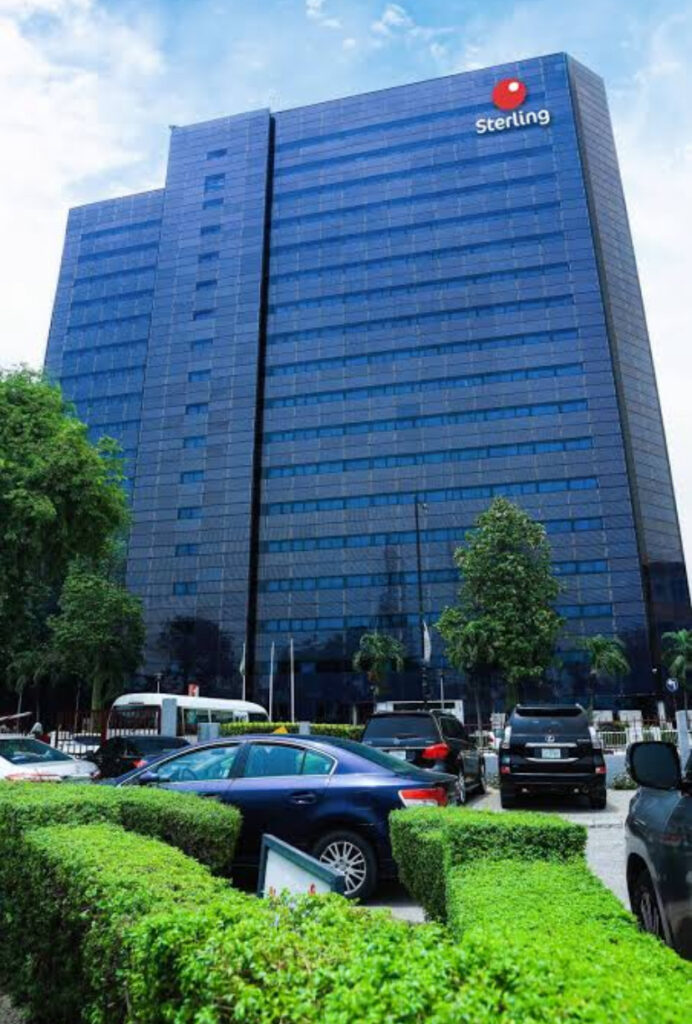
Sterling Bank has attracted more customers after declaring it will no longer charge transaction fees for local electronic transfers.
The decision, which took effect on April 1, 2025, has already led to a significant increase in account openings as Nigerians flock to take advantage of the bank’s customer-friendly move.
“We are putting an end to the practice of quietly extracting fees from Nigerians,” the bank declared in a post on social media. “Sterling Bank is leading the charge to make banking more accessible and affordable for the people. No more hidden fees. No more digital oppression. It’s time to let Nigerians breathe.”
Former Aviation Minister Chief Osita Chidoka, who has long been an advocate for banking reform, was one of the first public figures to show support for the bank’s bold initiative.
Chidoka, after expressing his excitement on social media, visited Sterling Bank’s headquarters in Abuja to open a personal account, calling his move a symbolic protest against the exploitation of Nigerians by banks.
“Sterling Bank has proven that you can run a profitable, tech-driven bank without overcharging customers. This is a statement of values,” Chidoka shared in his post. “I urge every Nigerian to make their money stand for fairness, transparency, and innovation by opening an account with Sterling Bank. Let’s make #OpenSterlingAcct Day a reality.”
The bank’s decision comes amidst growing dissatisfaction with high banking fees charged by other institutions, with many Nigerians expressing their frustration on social media.
According to recent data, Nigerian banks rake in over N922.5 billion annually from transaction fees, a revenue stream that many customers view as exploitative.
In addition to the free transaction policy, Sterling Bank has also pledged to invest in technology and customer service to further improve the banking experience.
This move has been met with widespread praise, as Nigerians see it as a step in the right direction toward making banking more transparent and customer-centric.
Dr. Joe Abah, a well-known Nigerian public figure, also applauded Sterling Bank for its decision, stating, “Well done to Sterling Bank for removing these unconscionable and indefensible transfer fees. This is a victory for Nigerians who have long suffered from high banking costs.”
Although the bank has estimated that it will lose approximately N13 billion in revenue due to the removal of transaction fees, many experts believe that the influx of new customers will more than make up for the loss in the long run.
With Sterling Bank’s customer base growing rapidly, the move is likely to disrupt the banking industry and put pressure on other banks to follow suit.
See below:

